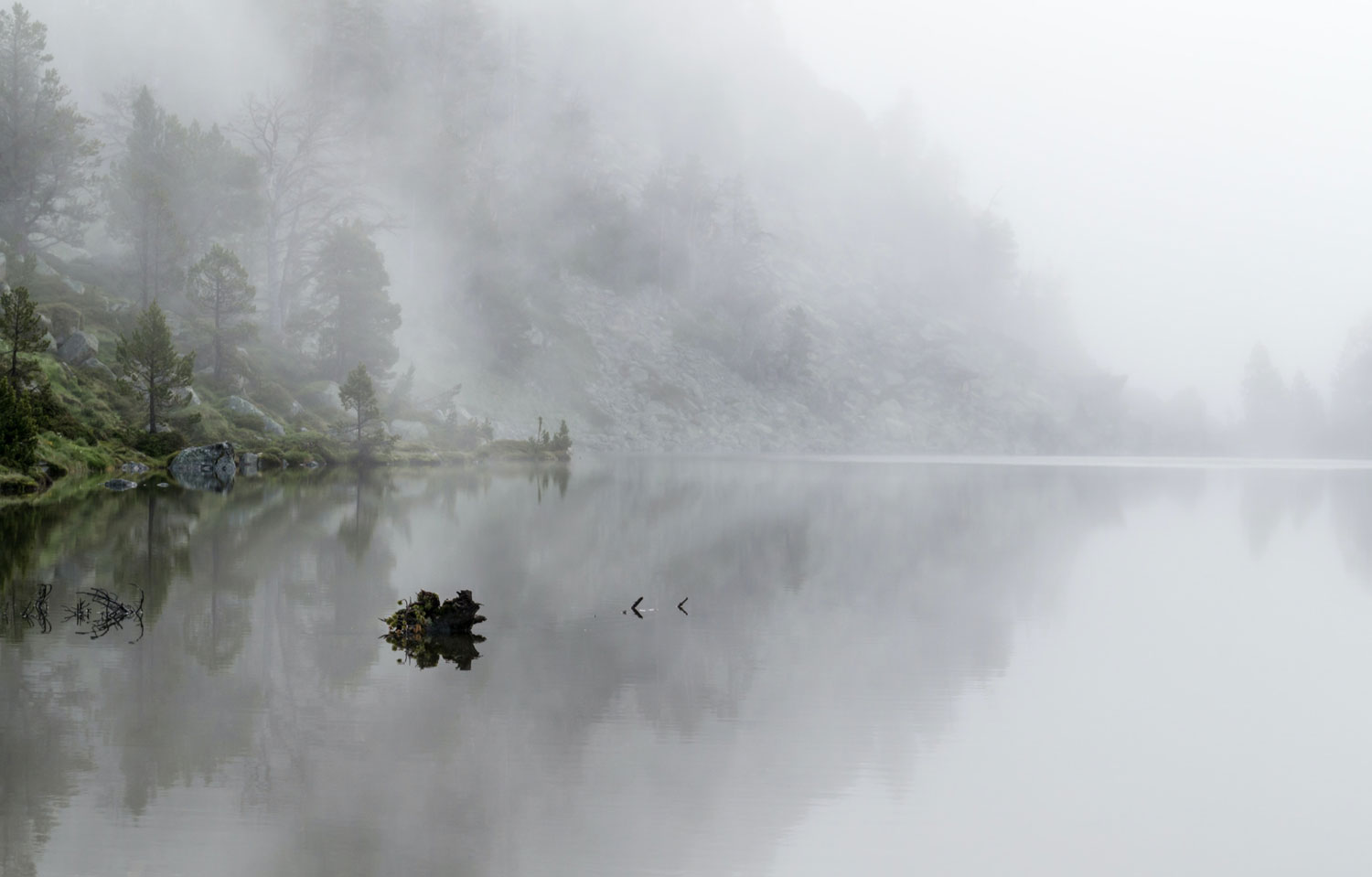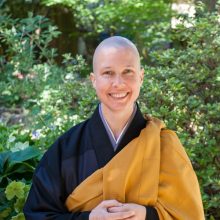We sometimes think of not knowing as something negative, but is it really? Truly not-knowing allows spaciousness, openness, and much greater intimacy. When we make not-knowing an intentional action, the barriers that hold us back from true intimacy begin to dissolve, offering a deeper connection with each other, and with the entire universe.
As we enter our second year of the Covid-19 pandemic, one thing we can say for sure is there is a lot we don’t know. Will this pandemic ever end? We don’t know. Will we get sick? We don’t know. When will we be able to stop wearing a mask? We don’t know. Will we come out of this as kinder, more connected people? Hopefully.
Not-knowing can bring up fear and anxiety. But what do we ever truly know? The one thing we can be certain of is that everything changes. Other than that, we really don’t know much. In our practice, the more we try for a particular outcome, the more dis-ease we can feel. However, learning to rest in not-knowing, allows for deep connection, ease, and satisfaction.
We can learn to do this on purpose. Being present to our life circumstances, rather than to our ideas of what we think our life circumstances should be, shows us what we have to work with. This can be an enormous relief. Being present connects us, allowing for tenderness, for vulnerability, for sadness, and for joy. If nothing else, the pandemic has taught us this.
Recently, at the hospital where I work as a chaplain, I cared for a colleague’s mother as she died from Covid-19. As I drove home that day, feeling open-hearted, sad, tender, and connected, my mother called. My mother has dementia and repeats herself, as she did during this conversation. On the days when I’m wanting my mother to be the way she used to be, her repeated stories can cause sadness, anxiety, or irritation.
On this day though, fully steeped in the preciousness of life, I felt only great tenderness. When my mother said, “I know I’ve probably said this before,” I responded, “Mom, I just love hearing the sound of your voice.” And it was true.
Resting in not-knowing allows for true intimacy—no ideas, no pretense, no agenda, no goals—just tender, openhearted connection to what is. When we learn to not-know on purpose, the entire world opens up. This is how we can come out of this pandemic as kinder, more connected people—not-knowing and open to infinite possibility.
Tips
- When you feel anxious, try turning towards curiosity. Ask yourself, “What’s going on?” or “What can this teach me?” and see how your experience shifts. Curiosity can shift a stuck place to place of openness.
- Seung Sahn Sunim taught the practice of “Don’t know.” Try it out. Who am I? Don’t know. What am I? Don’t know. How does taking away the “I” and making “Don’t know!” an imperative statement change your perspective?
- The next time you feel angry that someone won’t listen to you, take a pause, then flip it. Ask, “What is your experience?” then listen openly, with your entire being. How does doing this shift the conversation?
Links
The Intimacy of Covid, Tenku Ruff
Not Knowing is Most Intimate, Norman Fischer
Not Knowing, Gil Fronsdal
The Power of Vulnerability, Brené Brown

